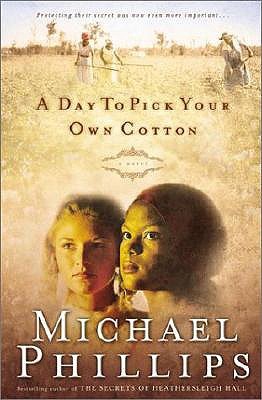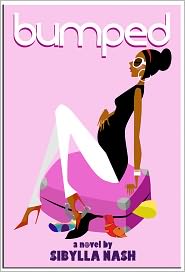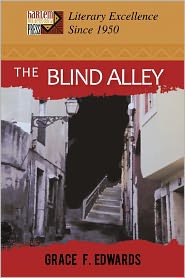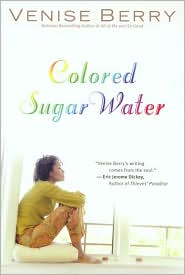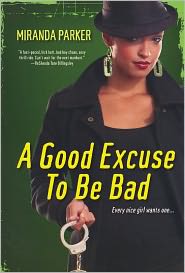 |
| Credit: @DebraBass |
On Americanah
Americanah is not her story. It's a combination of things that have happened to her and others and stories she's heard. Writers write about the life they wish they had versus the life they have. Her experience coming to the U.S. was much milder and easier than Ifemelu's.
Why does Ifemelu have to see the ceiling? (This was a little embarrassing because it was asked by an older lady who quite obviously didn't understand what the ceiling represented and Adichie looked to be at a loss for words to explain it without being offensive.)
She doesn't. When she's with Obinze she doesn't because she's so transported, the ceiling doesn't exist. With others, it does.
Was Ifemelu indifferent to religion on purpose?
Yes. Pentecostalism is taking over Nigeria. Religion interests her very much.
Thoughts on Nigeria and the U.S.
When you go back to Nigeria, do you feel like an observer like in the U.S.?
Yes, but because she's a storyteller, not because she's lived in the U.S. As a child, she always watched everything, slightly removed and watching. A writer is always looking for material.
Adichie came to the U.S as someone who had consumed a lot of American culture. She thought all black people lived like the Cosbys. The reality was surprising. The discovery of poverty was shocking. Neighborhoods were not only poor, but forgotten. Rich and poor coexist in Nigeria.
What would you say to someone with a culture that comes to the U.S. and tries to retain the culture, but gains a new one, and still respect your parents?
You can be both, respect both. It's important to know you're not going to live your life for them.
 Have you gotten blow back from article you wrote? (Refers to the article "Why Can't He Just Be Like Everyone Else?")
Have you gotten blow back from article you wrote? (Refers to the article "Why Can't He Just Be Like Everyone Else?")Yes. When it became law, she was horrified by it. Felt she couldn't not speak. She's gotten a lot of feedback ranging from people saying she's possessed by demons or will lose Nigerian love. Some people have told her she's no longer their role model, and she really doesn't want to be. There's a sadness about the law. The way it's been talked about removes the idea of humanity. It's like they're talking about animals. Adichie wants to engage her generation because it's possible to change a few minds. She believes people need to think of it in terms of humanity and compassion. The mix of religion and politicizing homophobia exacerbates the problem. Mostly poor people have been arrested. So troubling and so sad. So yes, she's gotten a lot of blow back, but she would write the article again today.
Hair & weaves
As much as Americanah is about race, it's also about hair. It seems that people deliberately misunderstood her comments about hair in interviews. She didn't say people who wear weaves have low self-esteem. Her sister wears weave and has the most self-esteem of anyone she knows. There's a lot about black women's hair that's not just hair. She's starting to write practical things about hair. People want to wear it naturally and don't know how. As a child, she couldn't wait to straighten it. There's a growing movement in Nigeria of returnees (e.g., people who left Nigeria to live abroad and have returned home) going natural. It's not a question of being against weaves, but it's about having our own hair as an option. The idea of hair as not just hair has significance. If Michelle Obama had gone natural during the campaign, someone at Fox News would have said she was a Black Panther.
 |
| Chillin' with Chimamanda |
Race was something she really discovered in America. She didn't think of herself as black in Nigeria. In Nigeria, they're steeped in ethnicity and class or religion, but not race. Intellectually, she knew about race, but it was a different thing to move the U.S. and be black. It was disturbing to find all of the negativity associated with being black, so for awhile, she didn't want to be thought of as black because of that. It's an indictment of what race means in America. There's something dangerous about thinking American blackness is an attitude. There are many different ways of being black. Everyone experiences being black differently.
When you came here for college, did you feel pressure to conform the way you spoke and did you notice distinct cultural differences?
Adichie used to fake an American accent because Americans act as if accented speakers are slow. Within a few months, she started using the fake accent because it made it easier. One day she decided she was done. She realized how much effort it took and wanted to save that energy for other things. The accent is also about power. Americans going to Nigeria speak with an accent and aren't expected to conform because they're perfectly understood.
What do you think about slang in African American culture in comparison to the accent?
Adichie has friends that would object to it being called slang. The whole idea of code switching is something we all do. She still does it when she goes home to Nigeria. "The idea of having a language of love, friendship, family, I quite like that." And code switching happens in the U.S. with race and class.
Beyonce's ***Flawless and feminism
Has it lived up to your purpose?
I think anything that gets young women thinking about labeling themselves as feminist is a good thing. It's empowering.
You're married, but you keep your maiden name, which is non-traditional, why? (Originally the author said, "next question," but came back to this after she'd answered another question, but she was visibly annoyed by the question.)
I don't like to talk about my personal life. It's an offensive gender question. If I was a man, no one would ask. I occupy this space because I'm a writer, not a woman. The idea of calling it a maiden name, it's my name. People are getting married later in life. You have your degrees and suddenly you get married and have to change your name. There are conversations about gender that I want to have, particularly with African woman. People shouldn't decide for you what you should be called. I think that's bullshit.
Miscellaneous
Would you add anything to the Danger of a Single Story TED talk?
She would take out the part where she emphasizes how we are more different than alike because people misinterpreted it to think it means different doesn't matter, but it does.
.
She's not a United States citizen, but she hopes Hillary (Clinton) runs and will volunteer and campaign for her if she does.




